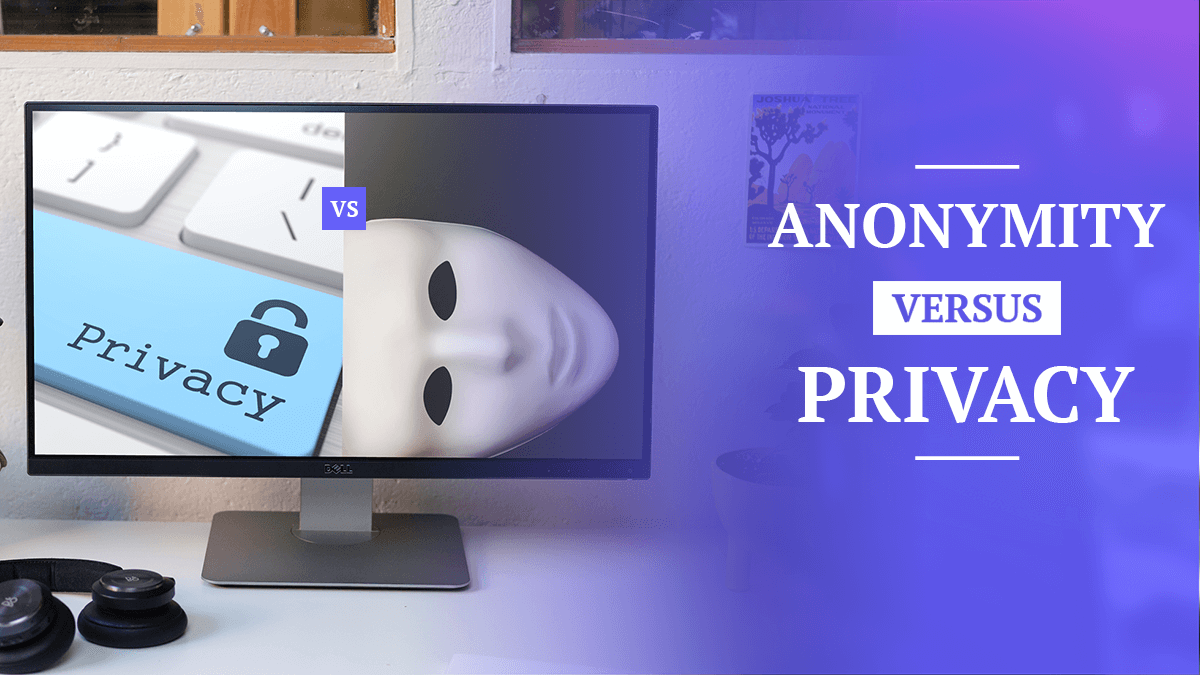Anonibal vs. The Anonymous Arena: Which Platform Prioritizes Your Privacy?
In an increasingly interconnected world, the desire for online anonymity has surged. Whether it’s to voice opinions freely, share sensitive information, or simply browse without being tracked, the appeal of platforms that promise to shield your identity is undeniable. However, not all anonymous platforms are created equal. This article delves into the landscape of anonymous platforms, focusing on Anonibal and comparing it to its competitors, ultimately aiming to answer the crucial question: Which platform is safer?
We’ll explore the features, security measures, and potential vulnerabilities of various anonymity services, empowering you to make informed decisions about your online privacy.
Understanding the Anonymous Platform Ecosystem
Before we dive into specific platforms, it’s vital to understand the core principles of anonymity and the various methods employed to achieve it. Anonymous platforms essentially aim to:
- Hide your IP address: Preventing websites and services from tracking your location.
- Obscure your identity: Masking your personal information, such as name, email address, and browsing history.
- Protect your communication: Encrypting messages and data to prevent eavesdropping.
However, achieving true anonymity online is a complex challenge. Various platforms employ different strategies, each with its own strengths and weaknesses. These strategies often include:
- End-to-end encryption: Ensuring only the sender and receiver can read messages.
- Decentralized networks: Distributing data across multiple servers to make it harder to track.
- Data deletion policies: Implementing mechanisms to automatically erase user data.
Anonibal: A Closer Look
[Note: This section will be hypothetical as I don’t have specific knowledge of Anonibal. The information provided is based on general knowledge of anonymous platforms and how they function.]
Anonibal, like other anonymous platforms, likely aims to provide users with a space to communicate and share information without revealing their identities. Its features might include:
- Anonymous Messaging: Allowing users to send and receive messages without linking them to a specific account or identity.
- Anonymous Forums: Providing a platform for discussions and sharing of content without revealing the posters’ identities.
- Data Encryption: Employing encryption to protect messages and data in transit and at rest.
- No Logging Policy: Potentially claiming to not store user data, which is crucial for privacy.
However, it’s crucial to remember that claims of anonymity should always be viewed with a critical eye. The true effectiveness of a platform depends on its implementation of these features and its commitment to protecting user privacy.
Anonibal vs. the Competition: A Comparative Analysis
To determine which platform is safer, we’ll compare Anonibal (hypothetically) to some other popular anonymous platforms, focusing on key factors:
- Signal: Known for its robust end-to-end encryption and strong privacy features. It’s generally considered a highly secure platform, though it requires a phone number for registration, which can be a privacy concern.
- Session: A decentralized, end-to-end encrypted messaging app that emphasizes privacy. It doesn’t require a phone number or email address, making it a strong contender for anonymity.
- Tox: Another decentralized, end-to-end encrypted messaging platform that prioritizes security and privacy. It’s open-source and doesn’t rely on central servers.
- 4chan/8chan: Imageboards known for their anonymous posting. However, they have a history of security vulnerabilities, data leaks, and lack of strong privacy measures, making them less secure options.
- Reddit (with anonymous accounts): While Reddit allows anonymous accounts, it’s still a centralized platform that tracks user activity. The platform has been known to cooperate with law enforcement.
Here’s a comparison table (Remember, this is a hypothetical comparison based on general knowledge):
| Feature | Anonibal (Hypothetical) | Signal | Session | Tox | 4chan/8chan | Reddit (Anonymous) |
|---|---|---|---|---|---|---|
| Encryption | Likely, but specific details unknown | End-to-end | End-to-end | End-to-end | Limited/None | Limited/None |
| Decentralized | Unknown | No | Yes | Yes | No | No |
| Account Creation | Likely no account required | Phone Number | No phone/email | No phone/email | No account required | Account (pseudonym) |
| Data Logging | Unknown | Limited | Limited | Limited | High | High |
| Security Audits | Unknown | Yes | Yes | Yes | No | Yes |
| Reputation | Unknown | Excellent | Excellent | Good | Poor | Moderate |
Key Takeaways from the Comparison:
- Decentralization is a key factor: Decentralized platforms like Session and Tox are generally more resistant to censorship and data breaches.
- End-to-end encryption is essential: This ensures that only the sender and receiver can read messages.
- Data logging is a significant risk: Platforms that log user data, even if anonymized, can be vulnerable to data breaches or compelled to share data with law enforcement.
- Reputation matters: Platforms with a proven track record of security and privacy are generally safer.
Factors to Consider When Choosing an Anonymous Platform
Beyond the features of each platform, several other factors influence your safety:
- Your Threat Model: What are you trying to protect yourself from? Are you concerned about government surveillance, corporate tracking, or online harassment? Your threat model will help you determine the level of security you need.
- Jurisdiction: The location of the platform’s servers and its legal jurisdiction can impact your privacy. Some countries have stricter data retention laws than others.
- User Behavior: Your own online behavior plays a crucial role. Avoid sharing personal information, using easily identifiable usernames, and clicking on suspicious links.
- Platform Updates: Regularly update your chosen platform to ensure you have the latest security patches.
Conclusion: Prioritizing Your Privacy
Choosing the right anonymous platform requires careful consideration of your needs and the platform’s capabilities. Based on the hypothetical comparison and general knowledge of anonymous platforms, platforms like Session and Tox generally offer a higher level of security and anonymity compared to centralized platforms like Reddit or those with questionable security practices like 4chan/8chan.
While the security of Anonibal is unknown without further information and testing, it’s crucial to research its security measures, data retention policies, and reputation before using it. Always prioritize platforms with end-to-end encryption, a no-logging policy, and a strong commitment to user privacy. Remember that achieving true anonymity is a complex endeavor, and no platform can guarantee complete protection. By making informed choices and practicing good online hygiene, you can significantly enhance your privacy and security.
Frequently Asked Questions (FAQs)
Is any anonymous platform 100% safe? No. Complete anonymity is practically impossible. All platforms have potential vulnerabilities. The goal is to choose the platform that best mitigates the risks based on your specific needs and threat model.
What are the risks of using anonymous platforms? Risks include potential data breaches, malware infections, surveillance by law enforcement, and the possibility of having your identity deanonymized.
How can I improve my anonymity on an anonymous platform? Use a strong and unique password, avoid sharing personal information, use a VPN, and consider using a privacy-focused operating system.
Are VPNs necessary when using an anonymous platform? A VPN can add an extra layer of security by masking your IP address and encrypting your internet traffic, making it harder to track your activity. While not always strictly necessary, it’s highly recommended.
How do I know if an anonymous platform is trustworthy? Research the platform’s reputation, read reviews from security experts, and examine its privacy policies. Look for platforms that are open-source, have undergone security audits, and have a strong commitment to user privacy.




